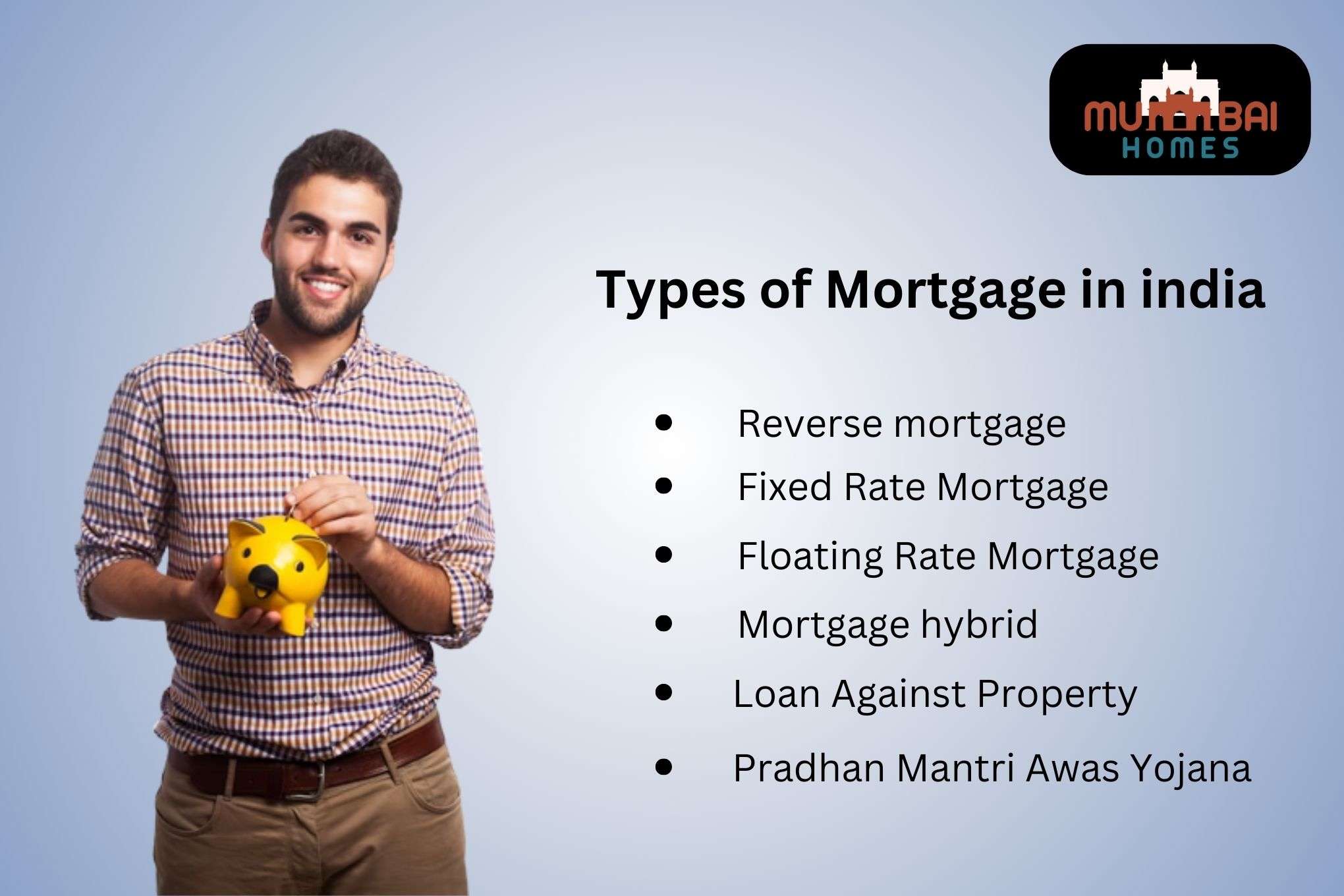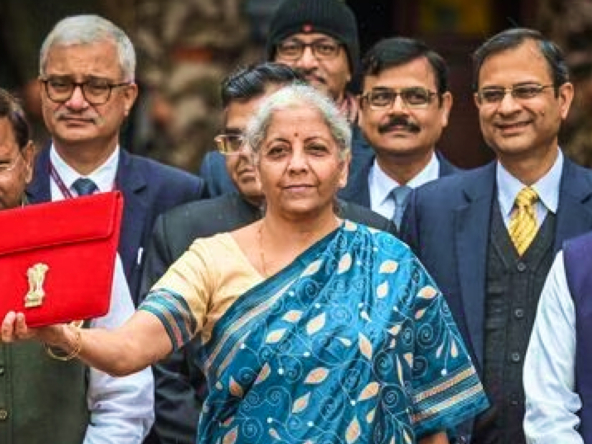6 common Types of Mortgage in India: Home buyers should be aware about:
A mortgage is typically required as financial help when buying a home, which is a major life choice. Indian buyers can choose from a wide range of mortgages, each with its own features and advantages. To make an informed choice perfectly in line with your financial objectives, it is crucial to comprehend these various varieties. 6 common types of mortgages that are frequently utilized in India will be thoroughly and thoughtfully examined in this blog post. So that each customer can proceed with a complete understanding of the facts, we will highlight their essential features, advantages, and considerations.
Fixed Rate Mortgage:
One of the most widely used types of mortgages in India is the fixed-rate mortgage. This form of loan offers predictability and stability in monthly installments because the interest rate is fixed throughout the loan’s term. These types of mortgages are frequently chosen by homebuyers who want a steady monthly payment. Although refinancing may incur additional expenses, fixed-rate mortgages may have interest rates that are greater than those of other loans. Therefore, before selecting a fixed-rate mortgage, it is crucial to carefully evaluate your financial condition and long-term goals. To select a choice that meets your financial needs and goals, take the time to carefully consider the benefits and downsides.
Floating Rate Mortgage:
An adjustable-rate mortgage (ARM, also referred to as a variable-rate mortgage (VRM), has an interest rate that changes on a cyclical basis in response to the state of the market. The initial fixed-rate period for these mortgages typically lasts one to five years, following which the interest rate is periodically adjusted. Real estate buyers favor variable-rate mortgages because they sometimes have lower beginning interest rates than fixed-rate mortgages. However, as interest rate swings might affect monthly payments, consideration must be given to their unpredictable nature. This type of mortgage may be suitable for homebuyers who anticipate lower interest rates or who intend to sell the property before the variable rate period is out.
Mortgage hybrid:
Mortgages with variable and fixed rates are combined into hybrid mortgages. It begins with a fixed interest rate for a predetermined amount of time, often three to ten years, before switching to a floating rate for the remaining time that the loan is outstanding. With a predictable payment schedule during the fixed rate term and potential advantages connected to future interest rate swings, hybrid mortgages provide a balance of stability and flexibility. This type of mortgage may be favourable for home buyers who are uncertain of long-term interest rate patterns or who foresee changes in their financial status.
Loan Against Property:
A brilliant financial strategy that enables you to get money using your property as security is the Loan Against Property. Your real estate provides you with the opportunity to finance several tasks, like growing your business, funding education, or consolidating your debts, like a buried treasure. For homeowners, this is appealing since it offers lower interest rates than unsecured loans. The loss of your priceless possessions could occur if you are unable to return the loan, thus it is crucial to thoroughly consider your ability to do so and the hazards involved.
Pradhan Mantri Awas Yojana:
A government project called the Pradhan Mantri Awas Yojana (PMAY) seeks to give affordable homes to the less fortunate sectors of society. Eligible individuals may obtain discounted interest rates on their mortgage loans under this scheme. The goal of PMAY is to realize the aspiration of many households to obtain adequate and reasonably priced housing. This type of mortgage program encompasses a variety of categories, including urban revitalization programs and the credit subsidy scheme (CLSS) for the EWS/LIG/MIG groups. Low-income house purchasers who want to own a clean home have a great opportunity to do so with PMAY. To take advantage of this government program, it’s critical to understand the qualifying requirements and adhere to the proper processes.
Reverse mortgage:
With a reverse mortgage, seniors can use the value of their property as collateral for a loan that is specifically created to help them supplement their retirement income. Lenders make regular payments to borrowers while they keep ownership. Repayment often takes place once the property is sold or after the borrower passes away. With this type of mortgage, elders can access liquidity while also receiving a financial solution that lets them remain at home. Understanding the terms and ramifications of the reverse mortgage, as well as any potential effects on successors, is crucial. Before determining whether a reverse mortgage is suitable for their financial circumstances, it is advised that they speak with a financial counselor to carefully weigh the advantages and hazards.
Conclusion:
As potential home buyers in India, it is essential to be aware of the six common types of mortgages available. These include fixed-rate loans, variable-rate loans, hybrid loans, home guarantee loans, Pradhan Mantri Awas Yojana (PMAY) and reverse mortgages. Each type has its own advantages and considerations, such as stability, flexibility, interest rate fluctuations, eligibility criteria and the potential impact on future financial projects. By understanding these mortgage options, borrowers can make informed decisions that align with their financial goals and circumstances. It is highly recommended to seek advice from financial advisors and mortgage experts to navigate the complexities and choose the most suitable type of mortgage. Being knowledgeable allows buyers to secure the right mortgage that supports their path to home ownership.




